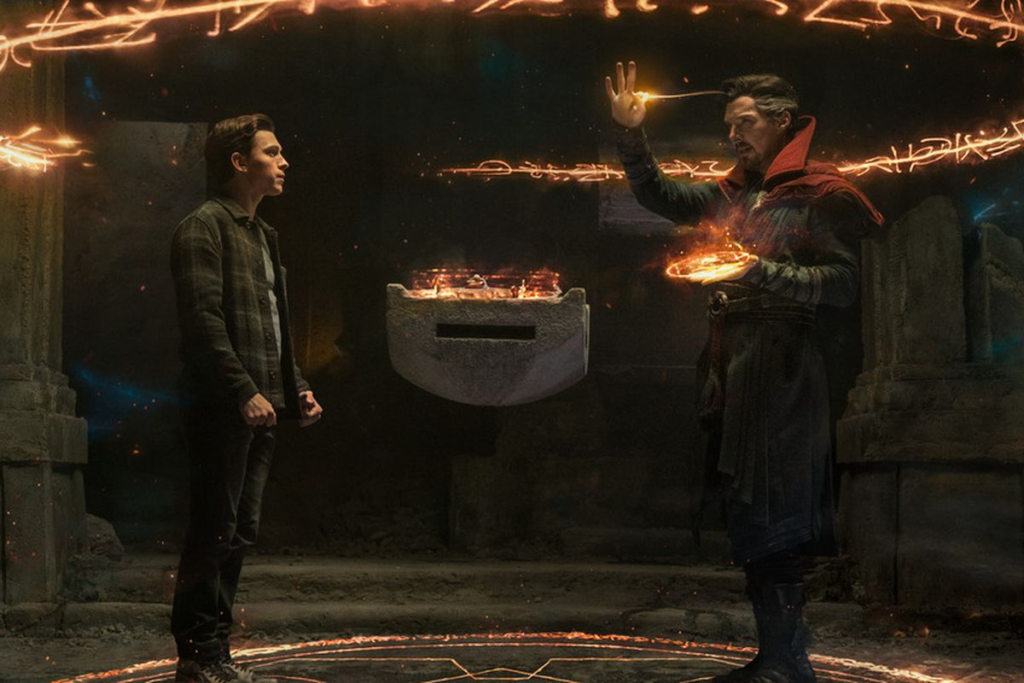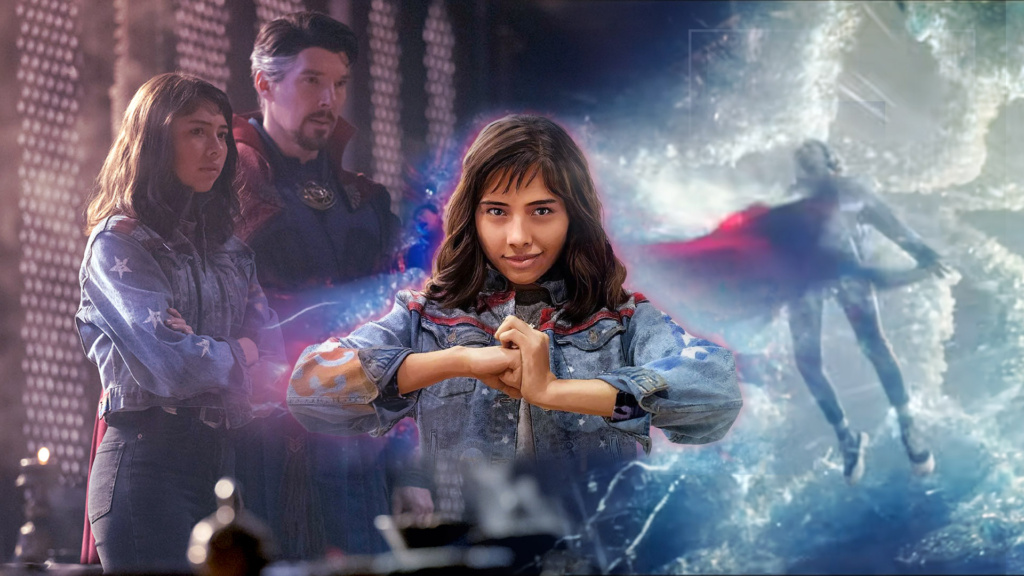Benedict Cumberbatch reveals how Tom Holland’s Peter Parker profoundly altered Doctor Strange in Spider-Man: No Way Home, unveiling a new sorcerer aspect.
In the realm of superhero narratives, character dynamics often take unexpected turns, reshaping the personas of even the most established figures. A case in point is the transformative effect that Tom Holland’s Peter Parker had on Doctor Strange in “Spider-Man: No Way Home.” Benedict Cumberbatch, the actor behind Doctor Strange, delved into the profound shift in Strange’s demeanor brought about by his interactions with Peter Parker. This article dissects the intricate layers of this evolution, exploring how the paternal relationship between the two characters redefined Doctor Strange’s identity and what it could mean for his future.
A Unique Dynamic: Peter Parker and Doctor Strange

The silver screen had witnessed various superhero alliances, but the partnership between Peter Parker and Doctor Strange in Spider-Man: No Way Home stood apart. Director Jon Watts engineered this unconventional pairing, pushing both characters into uncharted territories. The revelation of Peter’s true identity as Spider-Man forced him to lean heavily on Doctor Strange’s magical prowess, a maneuver intended to captivate audiences with a fresh narrative angle. The ensuing interplay showcased a bond that challenged both characters, particularly Strange, as he found himself traversing unexplored emotional landscapes.
The Paternal Side Unveiled

Benedict Cumberbatch’s interpretation of Doctor Strange saw a fascinating shift in the sorcerer’s temperament. As articulated by Cumberbatch, a “paternal” facet of Strange’s persona surfaced when Peter sought his guidance. This unexpected aspect diverged from Strange’s established self-involved egotism, revealing a connection rooted in mentorship and guidance. The evolution was a conscious decision by the creative team to emphasize the paternal undertones between the established sorcerer and the college-bound Spider-Man.
Transformation of an Egotist

The seismic shift in Doctor Strange’s character trajectory, catalyzed by his interactions with Peter Parker, marked a departure from his self-centric disposition. As Benedict Cumberbatch elaborated, Strange’s innate egotism was recalibrated, setting him on a new trajectory of selflessness. The actor’s portrayal of Strange’s initial egotism, tempered by his burgeoning paternal feelings towards Peter, depicted a character in flux, offering the audience a dynamic and relatable transformation arc.
A Temporal Confluence and Its Aftermath

The events of Spider-Man: No Way Home culminated in a narrative twist that severed Doctor Strange’s memory of Peter Parker. This denouement meant that the paternal connection between the two characters, forged in the crucible of shared challenges, ceased to exist in Strange’s perception. However, the seeds of transformation were sown. The possibility of witnessing this evolved Strange resurface is hinted at in “Doctor Strange in the Multiverse of Madness,” where the sorcerer’s interactions with America Chavez spotlight a continuation of his newfound sensibilities.
Spider-Man: No Way Home is now available for purchase digitally and physically.
